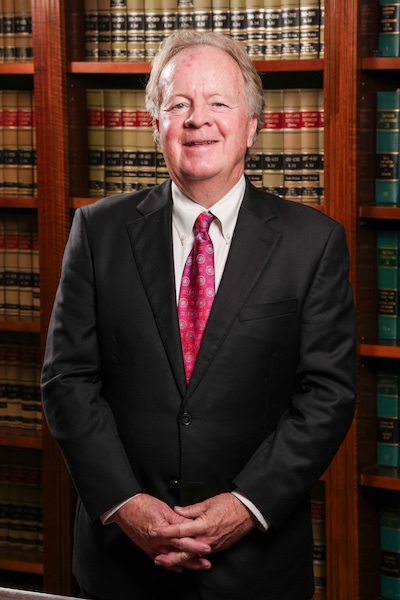 So you drive for Lyft or Uber and like a lot of people you have an accident, not your fault, some person runs a light and totals your car. Where do you turn for insurance benefits?
So you drive for Lyft or Uber and like a lot of people you have an accident, not your fault, some person runs a light and totals your car. Where do you turn for insurance benefits?
The answer is of course it depends on several factors. First, were you working? Second were you transporting ride sharing passengers? Third whom were you driving for.
If you weren't working then you turn to your personal insurance for coverages and also the insurance of the at fault driver. So, if you have P.I.P. insurance on your personal policy you reap its benefits and if you have uninsured/underinsured motorist coverage that is greater than the state minimum, you may well be able to use that too.
Uber and Lyft appear to have slightly different schemes so we will address Uber today
If your Uber app is activated and you are available or waiting for a ride request then your personal coverage does not apply unless you have purchased what is generically called "ride-sharing insurance." Sound complicated, it gets more so.You may think you are working but that doesn't fix the extent of insurance coverage the ride-sharing companies afford you.
When you your Uber app is activated but you are not en route to pick up riders or actively transporting riders you get $50,000.00 per person of bodily injury coverage with a maximum of $100,000.00 per crash. You also get $25,000.00 in property damage coverage. Do you get P.I.P.? Uber's website doesn't say either way but our experience has been that you get Maryland's minimum of $2500.00.
What about uninsured motorist coverage? Again in the above scenario Uber's website doesn't say but this author believes that the Maryland courts would hold that such a policy would necessarily include uninsured/underinsured motorist coverage comparable to the $50,000.00/$100,000.00 liability coverage.
Uber says that their drivers en route to pick up passengers or in the act of transporting them have $1,000,000.00 in third party liability coverage and allude to "uninsured/underinsured motorist bodily injury" but that amount and any mention of P.I.P. is completely absent.
So maybe there is P.I.P. but if not can you use your personal insurance P.I.P.? Maybe. and since you don't know the extent of Uber's uninsured or underinsured coverage can you tap into your personal coverage if Uber's is inadequate? Again maybe but uncertainty in insurance can be expensive.
So look at the big picture. First what are your personal coverages and will they operate and to what extent, if you are engaged in ride-sharing activities? Second, ask tough questions of your ride-sharing employer, is there P.I.P., is there U.M., how much and how will it interact with your personal insurance?
Finally if there are scenarios where there are coverage gaps, how much would it cost to get RideShare insurance and how would it more fully protect you and your family in the event of an accident?

